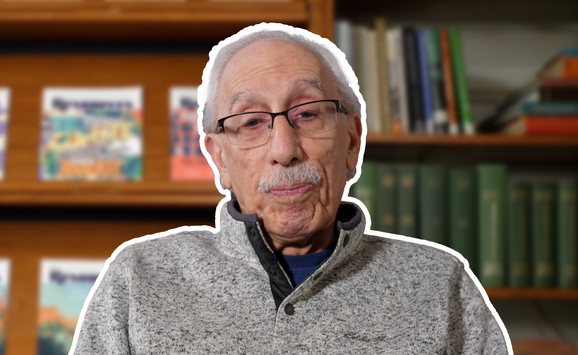The corps of engineers project to build a Cross-Florida Barge Canal from the St. Johns River to the Gulf of Mexico had become increasingly controversial, but the presidential stop-order of January 1971 was a surprise to canal opponents and proponents alike. President Nixon's order halting the canal project as environmentally unsound was issued even though nearly a fifth of this $179 million undertaking had been completed, and almost $51 million spent. The Administration action saved a still largely undisturbed stretch of the Oklawaha River, described by the President as a "uniquely beautiful semi-tropical stream."
The barge canal project was authorized by Congress in 1942, but construction was not begun until 1964. In order to reduce excavation costs and to have a convenient supply of water for lockage, the Corps of Engineers routed the canal through a 40-mile stretch of the lower Oklawaha basin. The natural features of this part of the basin, both the river itself and the associated hydric hammock and swamp forest, were to be largely obliterated by two reservoirs. One of these, named "Lake Oklawaha," already had been formed by the time of the President's stop-order.
The Florida Defenders of the Environment (FDE), the university-based group leading the opposition, attacked the project on economic as well as environmental grounds. The Corps of Engineers had claimed major recreation benefits for the two reservoirs even though the Oklawaha region has hundreds of natural lakes. FDE had gone to a federal district judge and just four days before the President's order obtained a preliminary injunction stopping work on two segments of the canal.
The President's order involves some interesting precedents. First, the project would probably still be going forward if the Council on Environmental Quality, created under the National Environmental Policy Act of 1970, had not been available to advise the President. Establishment of the Council has given environmental and conservation groups an opportunity to press their causes at a high level within the Administration and apart from the usual tortuous bureaucratic channels. The barge canal issue was one of the first matters referred to the new Council.
The second precedent was the stop-order itself, by which the President in effect told the Congress that a $50 million mistake had been made, which he was correcting before the bill ran any higher. The Florida Canal Authority, a state agency that has spent some $13 million in local tax funds on land acquisition for the canal, is now suing to demand that the Corps of Engineers continue the project. Canal Authority attorneys contend that the President is guilty of an "unconstitutional arrogation" of congressional prerogatives and that the project remains alive until formally deauthorized. But Congress has not yet challenged the President's action, and in fact has seemed to go along with the stop-order by appropriating only enough funds to meet Administration recommendations for phasing out the project.
A third precedent will be set if the Administration seeks to drain the existing reservoir in order to allow the entire river to return to its original channel. Such a dismantling would run counter to the conventional wisdom that construction of a dam and reservoir represents an irrevocable commitment. There is strong sentiment within the Administration for restoring the Oklawaha and designating it as a "national river" to be administered as a part of Ocala National Forest, which it adjoins. Proponents of the canal, however, choose to regard Lake Oklawaha as an outstanding feature of the environment and speak enthusiastically of its bass fishing and bird life. At their urging, the senior circuit judge specially assigned to the complex barge canal litigation granted a temporary injunction against the government's plans for saving several hundred trees at the upper end of the reservoir by lowering the water level. He held that construction of the reservoir had itself created "environmental, ecological, and recreational elements," which should be protected pending a ruling on the legality of the Administration's stopping of the canal project.
Whatever the outcome of the litigation, revival of the project appears, at the moment, highly unlikely. National as well as state conservation groups are strongly opposed to the canal, and Congress has little reason to resurrect the project, particularly when it is not popular even in Florida. Neither Governor Reubin Askew nor either of Florida's U.S. senators has called for work on the canal to be resumed.





